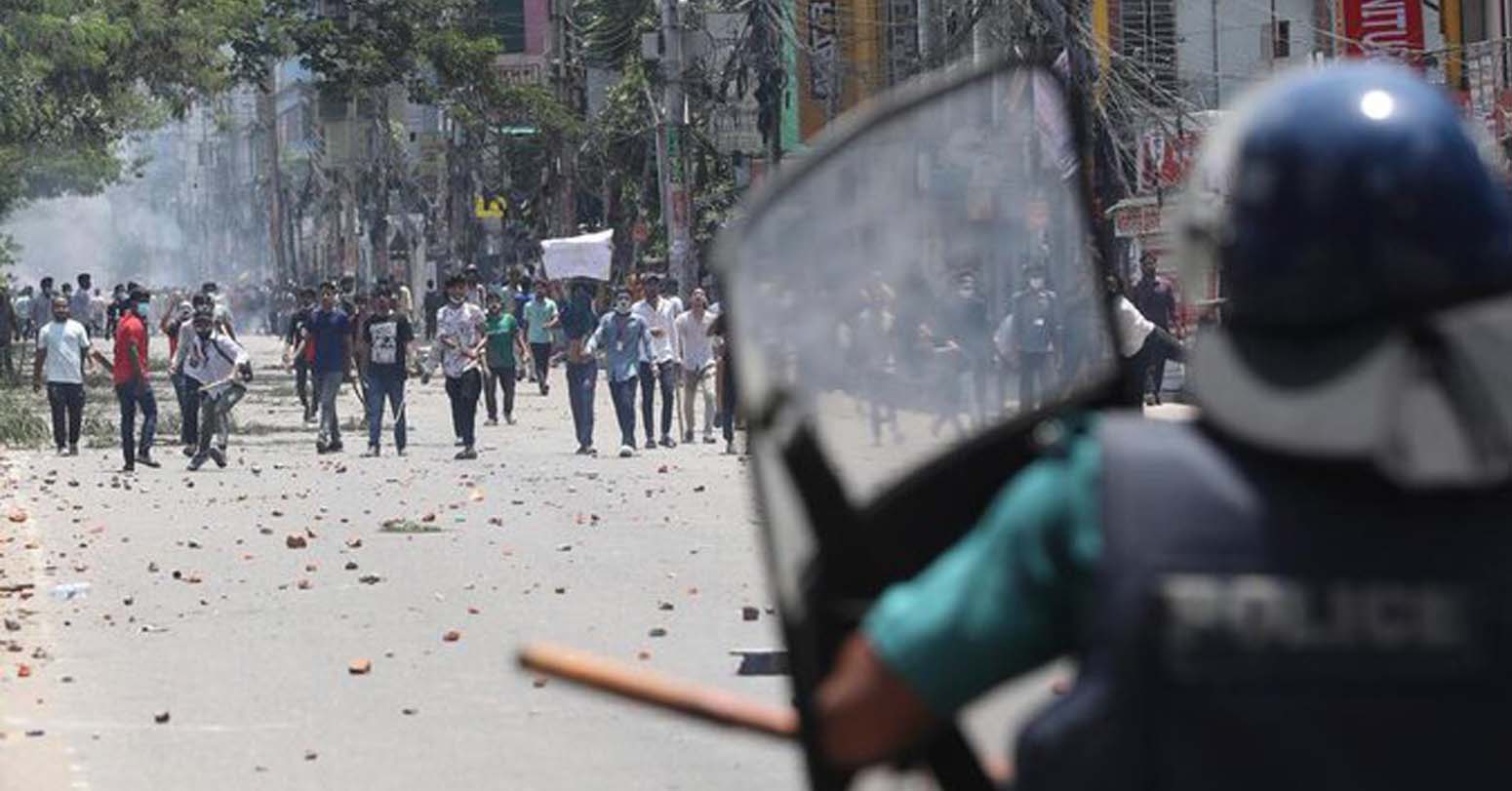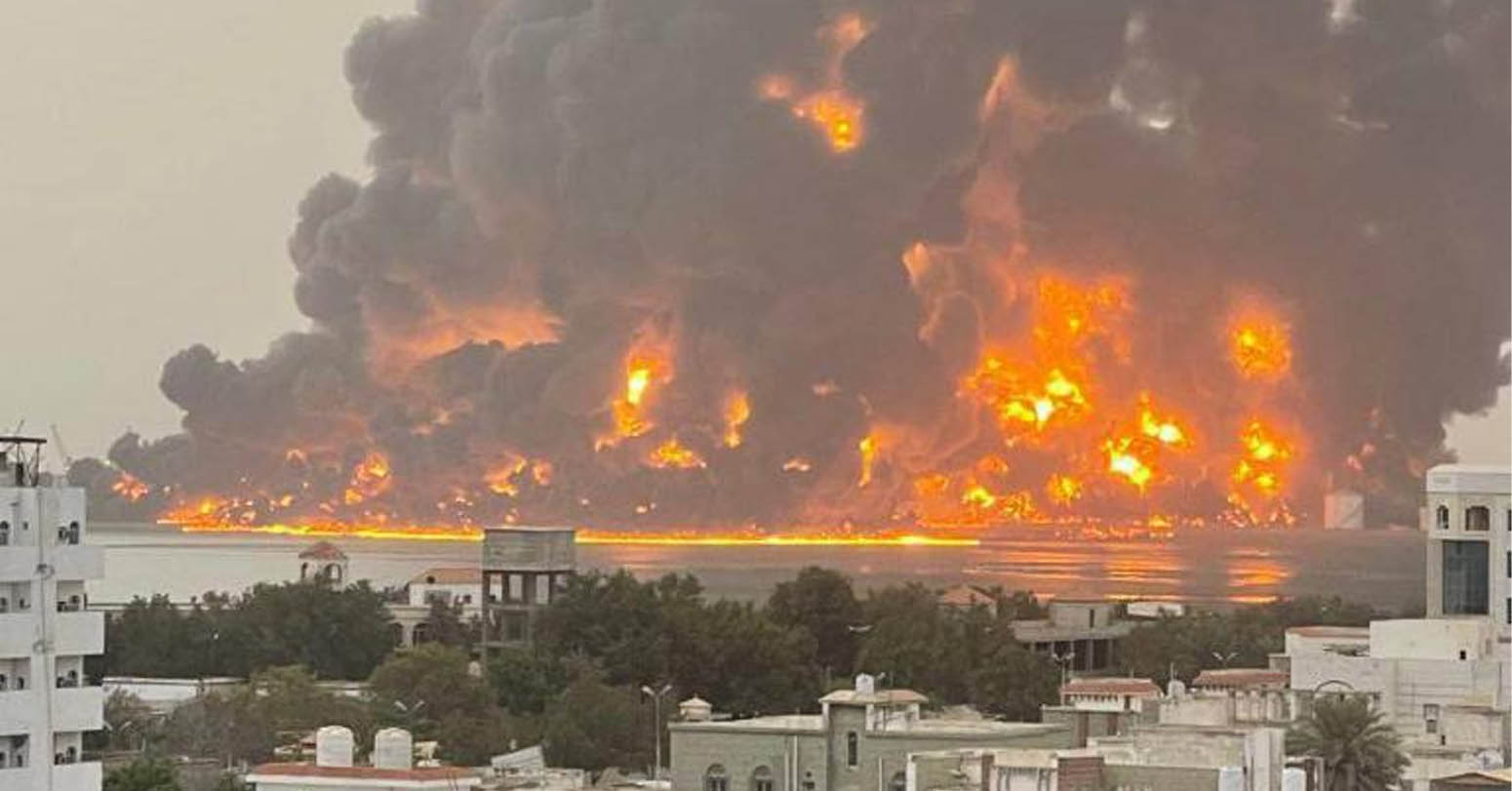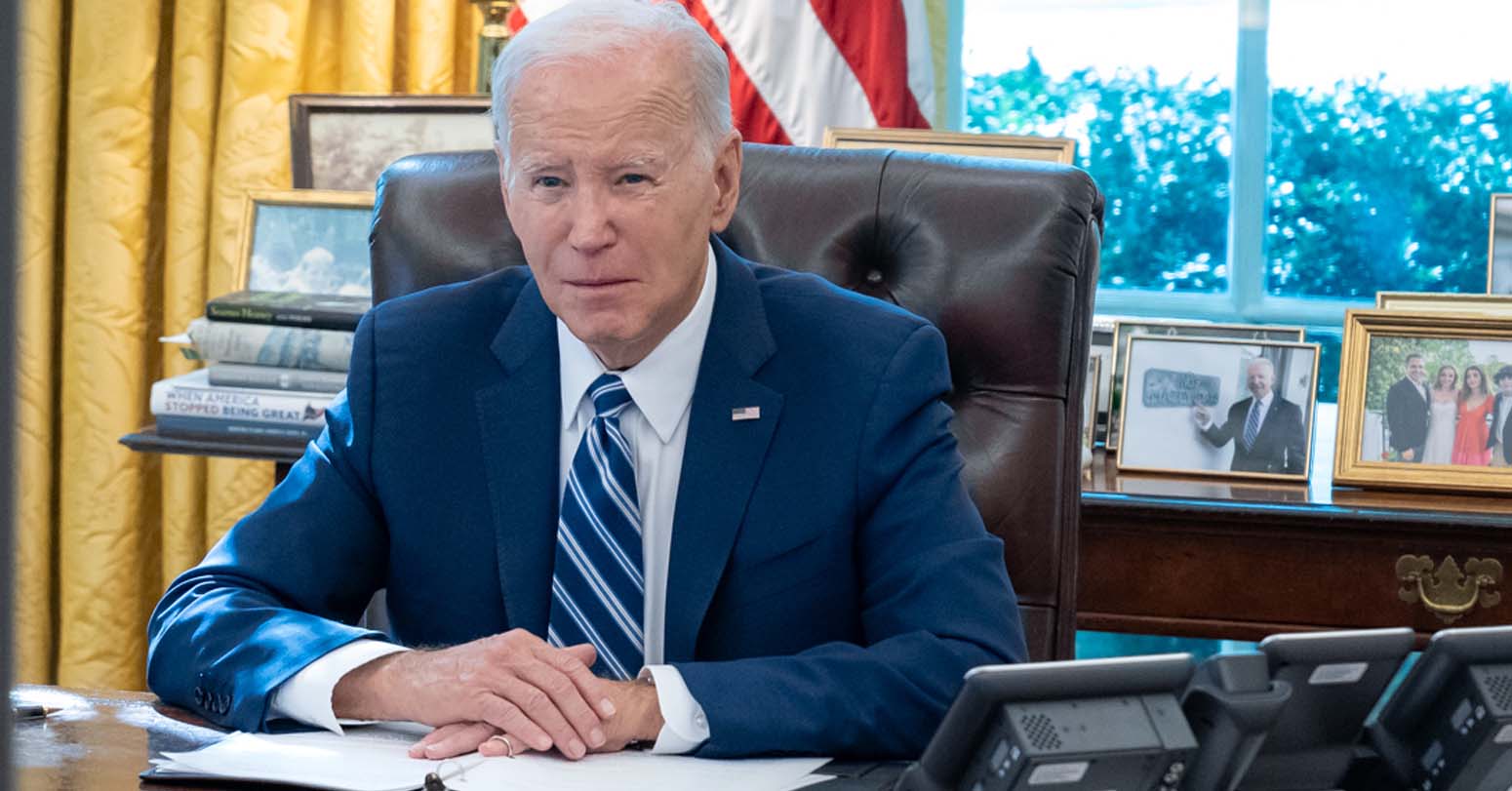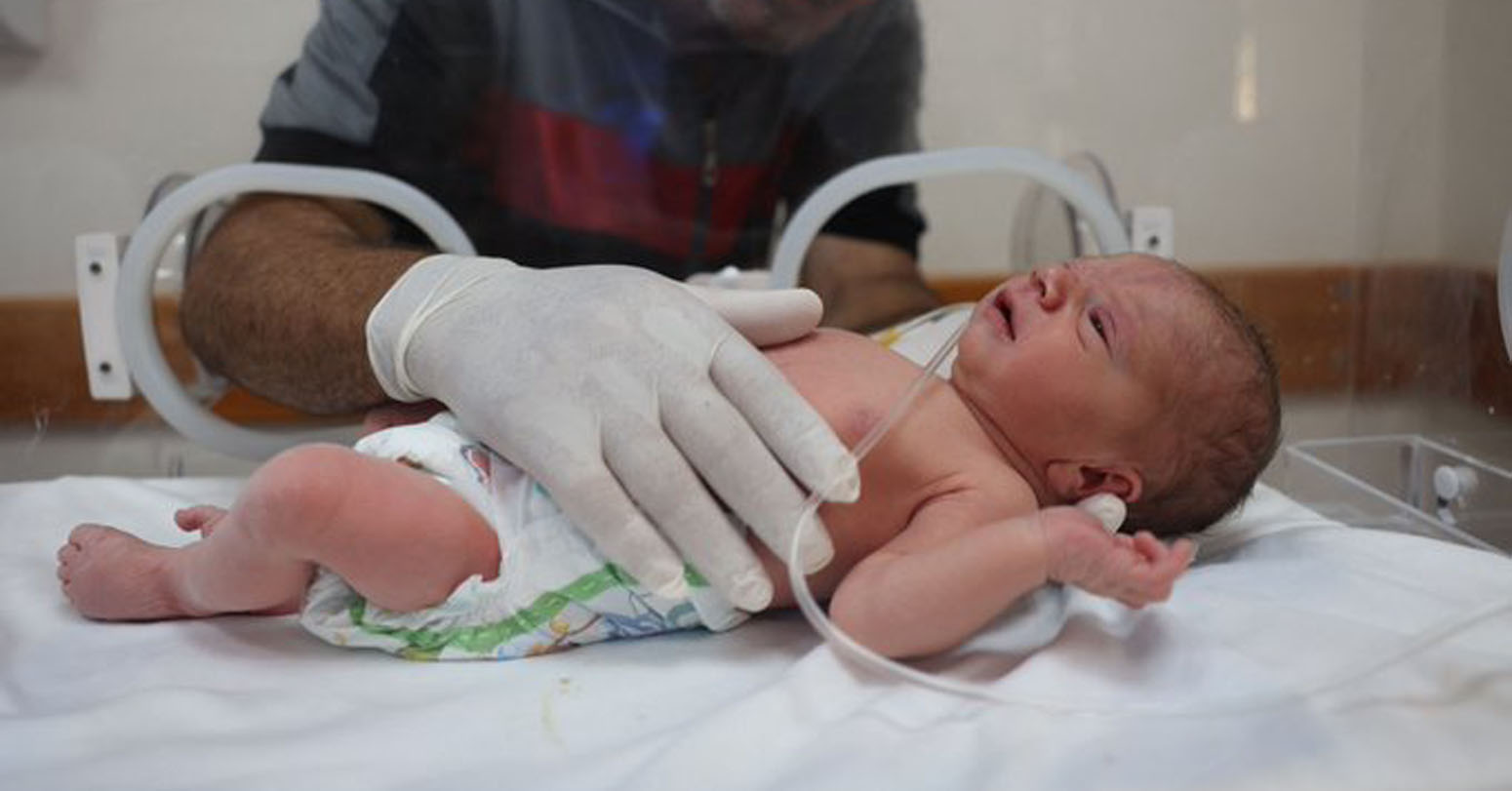Russia announced Friday that will cut oil production by 500,000 barrels per day next month after Western countries capped the price of its crude over its action in Ukraine.
“As of today, we fully sell all our crude output, but as we stated before, we will not sell oil to those who directly or indirectly adhere to the ‘price ceiling,’” Deputy Prime Minister Alexander Novak said in remarks carried by Russian news agencies.
“In connection with that, Russia will voluntarily cut production by 500,000 barrels a day. It will help restore market-style relations,” he said.
The Group of Seven major democracies have imposed a $60-per-barrel price cap on Russian oil shipped to non-Western countries. The goal is to keep oil flowing to the world to prevent price spikes that were seen last year, while limiting Russia's financial gains that can be used to pay for its campaign against Ukraine.
The cap is enforced by barring Western companies that largely control shipping and insurance services from moving oil priced above the limit.
Russia has said it will not sell oil to countries observing the cap, a moot point because Russian oil has been trading below the price ceiling recently. However, the cap, an accompanying European Union embargo on most Russian oil and lower demand for crude have meant that customers in India, Turkey and China have been able to push for substantial discounts on Russian oil.
The new reduction could be “an early sign that Russia might try to weaponize oil supplies after last year's failed attempt to weaponize natural gas,” said Simone Tagliapietra, an energy policy expert at the Bruegel think tank in Brussels.
But that could be difficult to accomplish because it's easier to find alternative supplies of oil, traded through tankers that crisscross the globe, than to replace natural gas, which before the war mostly came by pipeline.
Europe did suffer from resulting high natural gas prices but has managed to replace much of the lost Russian supply from other sources including shipborne liquefied gas from the U.S. and Qatar. Natural gas prices have since come down from all-time highs last summer but are still three times higher than before Russia massed troops on the Ukraine border.
-AP














Comprehensive Data Protection Law Critically
Gender Differences In Mental Healthcare
Messi Wins Best FIFA Men’s
Erosion of Democracy
Fly Dubai Catches Fire in
“Complexities of the South Asian